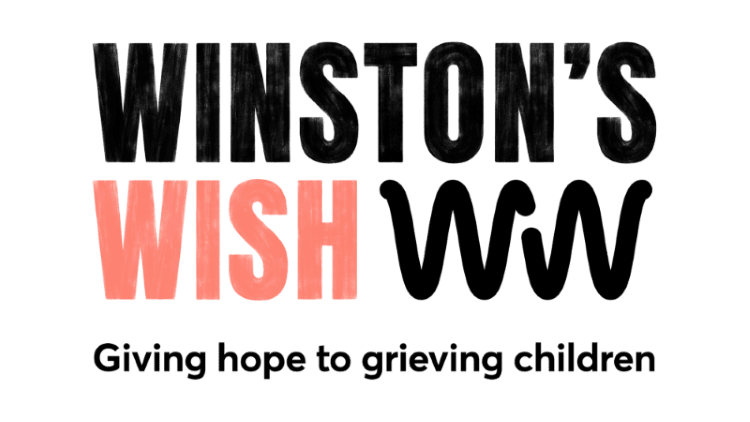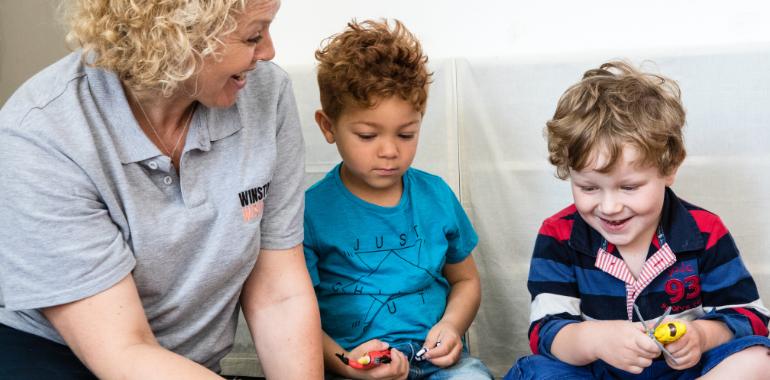There is no right or wrong way to grieve. You may have heard ideas like the stages of grief. Or people may say things like “you must be feeling very sad” or “have a good cry and let all your feelings out”. This can be particularly true for children and young people, and they may be worried or feel guilty if they aren’t following what others expect. However, grief is individual and everyone experiences it in their own way.
It’s really important to remember that there are no set rules or stages of grief and there is no right or wrong way to feel after a death. There are no ‘oughts’ or ‘shoulds’.
Each person will be affected in their own way by a death because the experience will be different for everyone, even within the same family. Everyone will have had their own relationship with the person who died, their own experience of other losses and pains, and their own levels of support from family and friends.
Each person will also have their own way of expressing their feelings. You may find it helpful to share your thoughts and emotions. Or you may find it hard to cry or put into words how you are feeling. It doesn’t mean you aren’t as upset as someone who can’t stop crying, you just have a different way of showing your feelings.
All children and young people are individuals and will experience a death in their own way. Some of the things that might impact this are:
1. How did the person die?
For example, was it a sudden death or expected? Was the person ill for a long time? Was it through suicide or murder?
2. What was their relationship with the person who died?
For example, was it a parent who was always there or one who was rarely seen? An annoying younger sibling or an adored older sibling? Someone close or distant? Did they have a loving, challenging, abusive or competitive relationship?
3. What else is going on?
For example, is someone else ill? Do they have exams to do? Are their parents divorcing? Are they moving house?
4. How does this family work?
For example, do they communicate well? Scatter to different room? Argue a lot?
5. Is there a supportive wider network?
For example, do the neighbours talk and drop round food parcels or do they avoid meeting your eyes? Is the school engaged? Is there a faith community involved?
6. What is the child’s personality?
For example, what were they like before someone died? Were they naturally resilient or a natural worrier?
This can help to build up a picture of what this bereavement means to this individual and how they might react – and it will be different for each person.
Where to get support
Winston’s Wish provides support for grieving children, young people (up to 25) and for adults supporting them. Please call our Freephone Helpline on 08088 020 021 (open 8am-8pm, Monday to Friday) or email ask@winstonswish.org
If you need urgent support, the Winston’s Wish Crisis Messenger is available 24/7 for free, confidential support in a crisis. Text WW to 85258.
You may also like

Do children grieve differently?
Understanding how children grieve at different ages and developmental stages, including how they might express their feelings.

Bereavement Support Services
One-to-one bereavement support sessions and peer support groups for grieving children, young people up to 25 and their families.


